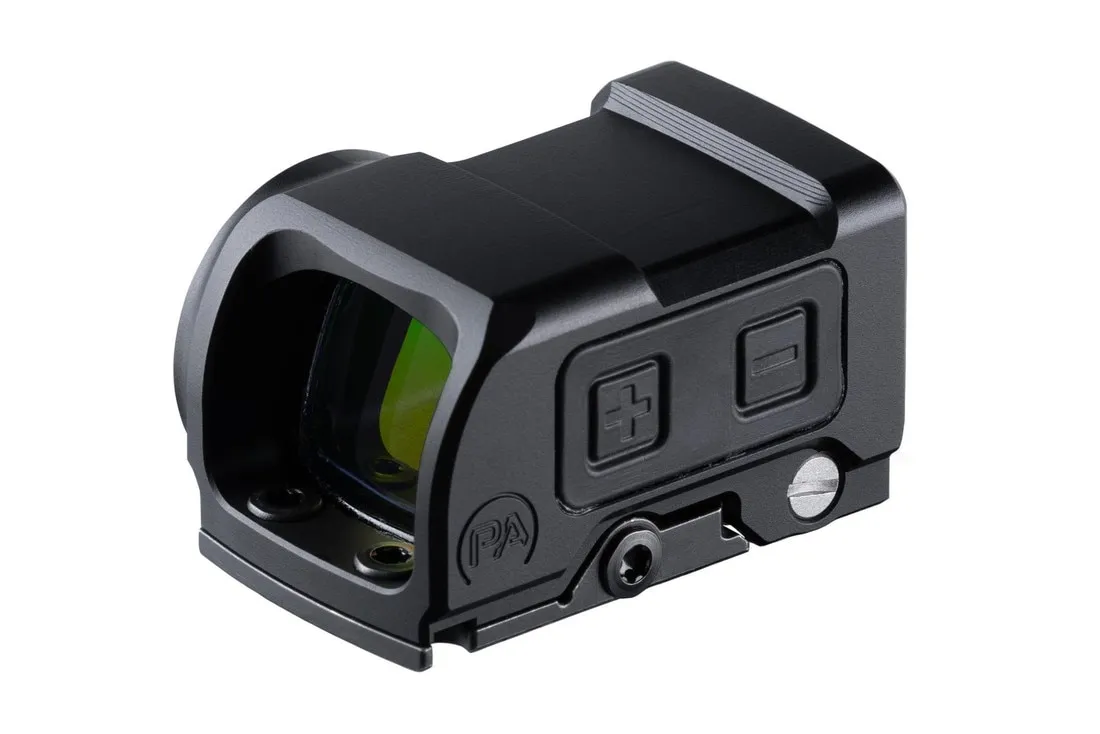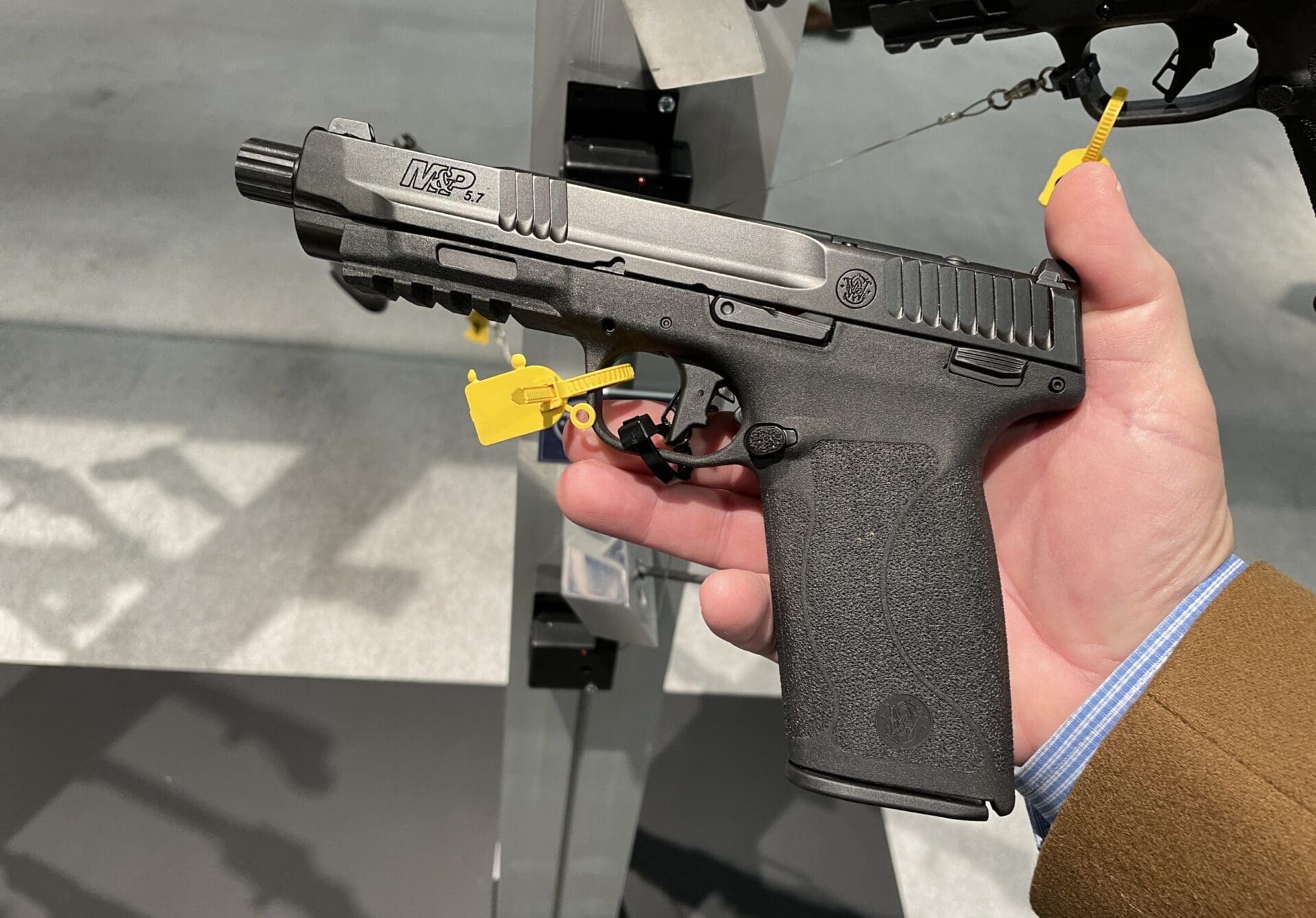
I was at a gun store recently. The clerk behind the counter showed me a gun I wanted to see. He said, “she’s a beauty, isn’t she?” Got me to thinking . . . Why do we assign gender to inanimate objects? I’ve done a lot of thinking and research into this. Well “a lot,” as in “I did a Google search.” And I think I’m on to something. (That’s on TO something RF. Not ON something.) I think it started with, as Glenn Beck would say, the Frenchy French.
Language is a serious business to all cheese-loving surrender monkeys. Name another country that has a cabinet position whose task it is to keep la langue maternelle (that’s “the mother-tongue” to us Amerikanskis) pure as the driven neige, so to speak. This dork is charged with creating Frenchy-French words and phrases so terms like “iPod” and “personal computer” don’t sneak into to daily usage in the land of the baguette, the 4-day work-week, and the August holiday.
What drove me nuts about studying the French language (which is a state requirement, if you live in La Louisianne): all friggin’ nouns have gender. Yup. Or Oui, as the case may be. You might be talking about a male dog and a female cat, but it’s le chien mâle et le chat femelle. Drove me nuts. Admittedly a short trip, but still . . .
So I suppose it’s a natural segue from our bonhomme freres-in-arms that we genderize inanimate objects. But why do we invariably make them female?
This is a more difficult call. You’d think that it’s a male thing. Ooh, baby…come to papa. Lemme squeeze you, please you, and make you spit lead for daddy…
But as it turns out, women do it too. The first girl I dated seriously called her first car Betsy. Why not Barney? or Bruno? I dunno. I can think of a thousand good reasons to refer to a car as female. (Especially when it becomes temperamental or costs me large sums of money.) I can’t think of one reason to emasculate a gun.
But everybody does it. Hell, Daniel Boone, early American hero (and distant relation of just about everybody in the USA who’s had their genealogy chart done) gave his gun a girly name. Ticklicker. Ma Duce. You get the picture.
For men, I think it might be that they’d simply rather think about fondling something female, even it’s made of cold, hard steel. For women, I think it’s more of a sistas-in-the-hood thang. Either that, or Russ Meyer was a genius before his time.
Does it matter? Probably not. But the next time you start to anthropomorphize your firearm, ask yourself, does it really help to think of it as a female? For me, I think I’d rather envision my gun as . . . a gun. An inanimate object might not always shoot straight or work every time, but I don’t have to listen to it get hurt feelings if I don’t shoot it often enough, or get upset that I was spending time with that cute little .380 semi-auto down at the range.








In many cultures women were considered chattels, or property, so using female names for one's possessions fit with the idea that a feminine name implied subservience.
Somebody writing an article about language should know the difference between “who’s” and “whose.”
And Daniel Boone did not come up with the term Brown Bess. That was the nickname of the British soldier’s musket.
Good points. Text amended. Thanks for keeping us honest. And grammatical.
For whatever reasons, machines, ships and storms have traditionally been identified as “feminine” in language. Perhaps the “chattel” explanation explains part of those reasons. The tempestuous nature of storms and machines may also explain some of it. Either way its a nice tradition, especially since it offends the PC crowd. Cute girl in the graphic!